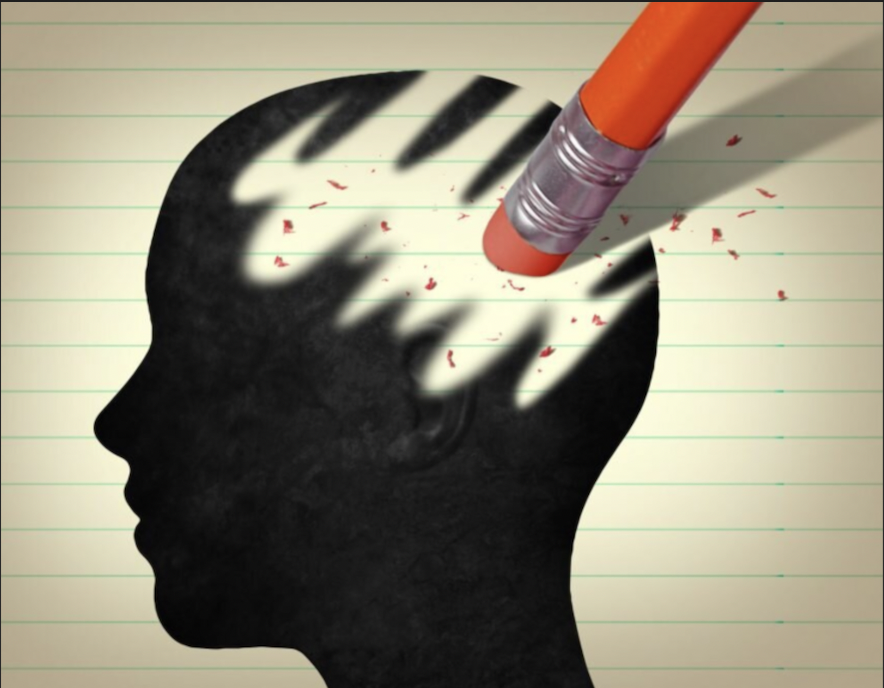Have you ever walked into a room and forgotten why? Or struggled to recall someone’s name seconds after hearing it? Mild forgetfulness is common—but when does it become something to worry about?
Memory loss can feel scary, but it’s not always a sign of something serious. In fact, there are many natural ways to keep your memory strong and your mind alert.
🧠 What’s Normal and What’s Not?
As we age, slower recall is expected. Occasional forgetfulness—like misplacing keys or forgetting appointments—is common and usually not cause for concern.
But memory loss that:
- Disrupts daily life
- Involves repeating the same questions or stories
- Comes with confusion or mood changes
… may need further attention.
🍎 Top Lifestyle Habits to Protect Your Memory
1. Eat Brain-Friendly Foods
A healthy diet supports cognitive function. Choose:
- Berries – loaded with antioxidants
- Fatty fish – rich in omega-3s
- Leafy greens – support healthy blood flow to the brain
- Nuts – especially walnuts, for brain protection
2. Move Your Body
Exercise increases blood flow to the brain and encourages new brain cell growth. Aim for at least 30 minutes of activity most days—walking, dancing, or light strength training are great options.
3. Prioritize Sleep
During sleep, your brain stores and organizes memories. Lack of sleep leads to poor focus and short-term memory lapses. Try to get 7–9 hours of quality rest nightly.
4. Stay Mentally Active
Keep your brain challenged with:
- Crossword puzzles or brain games
- Reading or learning a new hobby
- Playing music or speaking a new language
5. Socialize Regularly
Isolation can accelerate memory decline. Engaging with others, even through phone calls or group activities, helps stimulate memory and emotional health.
🚫 Habits That Can Worsen Memory
Avoid these common memory blockers:
- High-sugar or processed foods
- Smoking or excessive alcohol
- Chronic stress or untreated anxiety
- Multitasking constantly
📝 When to Seek Help
If memory issues:
- Interfere with work or home life
- Get worse over time
- Are noticed by others before you
…it’s wise to consult a doctor. Early intervention makes a big difference.
